Understanding Power Distribution Units (PDUs)
Power Distribution Units, or PDUs, are critical components in managing and distributing electrical power in various settings. These units come in several forms, each designed to cater to specific power load requirements. A PDU can range from simple power strips to complex power management solutions, ensuring the safe and efficient distribution of electricity.
Types of PDUs
Among the diverse types of PDUs, the circuit breaker PDU is a fundamental type, designed to safeguard electrical systems from overload by interrupting power flows during faults or short circuits. These devices vary in their interruption technology, with options including oil circuit breakers, air blast, vacuum, and magnetic types, each with unique power distribution capabilities.
Another essential type is the rack mount PDU, commonly utilized in data centers to distribute power to IT equipment. These units not only provide power but also assist in monitoring and managing energy consumption, contributing to operational efficiency. Rack mount PDUs are categorized based on functionality into metered, switched, monitored, or basic units.
Applications of PDUs
PDUs are versatile in their applications, extending beyond data centers. For instance, generator distribution panels are suitable for both residential and commercial sites, offering reliable power distribution for indoor and outdoor use. In the realm of entertainment, PDUs designed for stage lighting power are indispensable in distributing electricity for lighting systems in various performance venues.
Additionally, the low voltage distribution system is pivotal in conveying power efficiently from the distribution transformer to the customer's meter, ensuring that electrical appliances receive the appropriate voltage without the need for further modification.
Features and Advantages of PDUs
PDUs are engineered to accommodate high energy densities and are typically designed to operate effectively even in high-temperature environments, which can lead to reduced cooling costs. The adaptability of PDUs to different environments and their ability to manage power distribution efficiently make them a valuable asset in any power management system.
Their construction varies, with materials chosen for durability and performance, ensuring that they can withstand the demands of the environments in which they are used. The design of PDUs also takes into account ease of use, with features that may include remote monitoring capabilities, allowing for real-time tracking of power usage.
Choosing the Right PDU
Selecting the appropriate PDU requires an understanding of the specific power needs of an environment. Factors to consider include the type of electrical equipment being used, the total power load, the need for remote monitoring, and the physical space available for the PDU. It is essential to assess these factors to ensure that the chosen PDU will provide efficient power distribution and management.
In conclusion, PDUs are integral to the infrastructure of power distribution in various industries. With a range of types and features, they offer solutions tailored to diverse power management needs. When selecting a PDU, it is crucial to consider the specific requirements of your application to ensure optimal performance and safety.


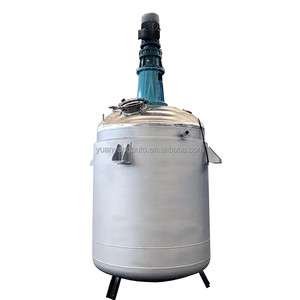

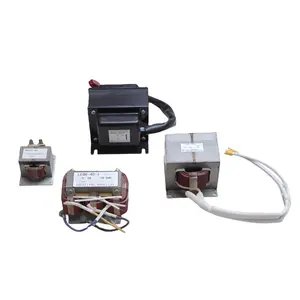





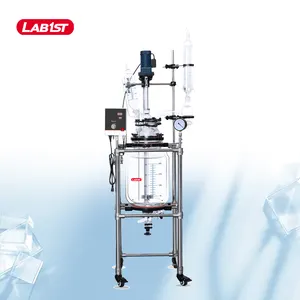


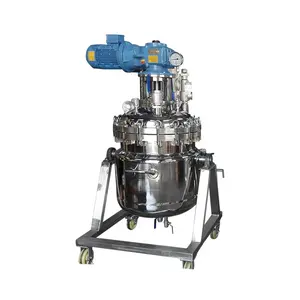





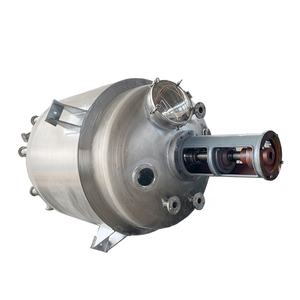

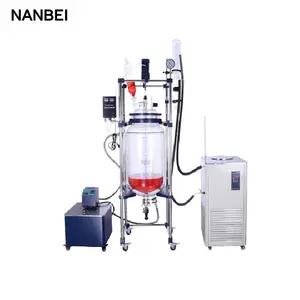
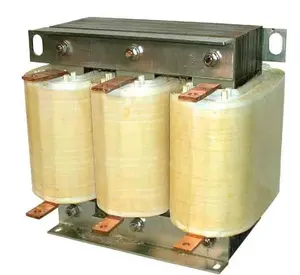


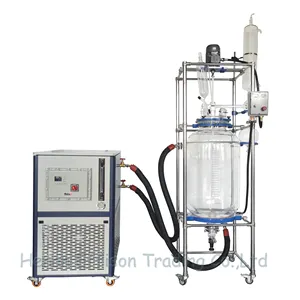
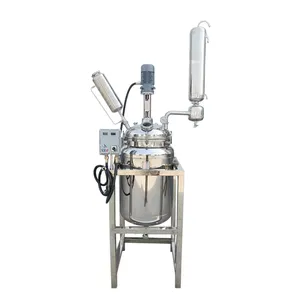


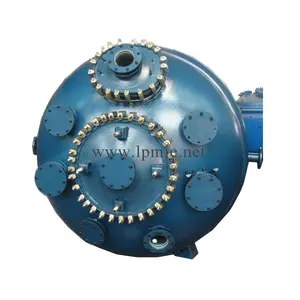
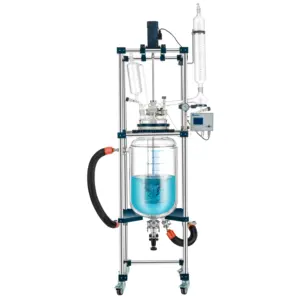

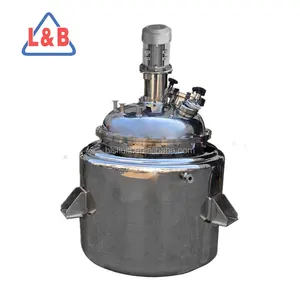

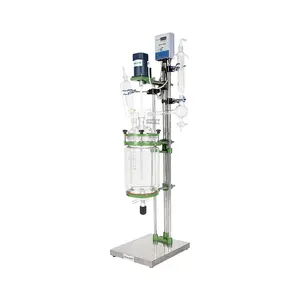









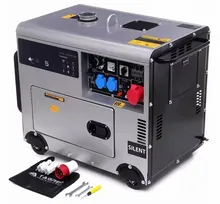

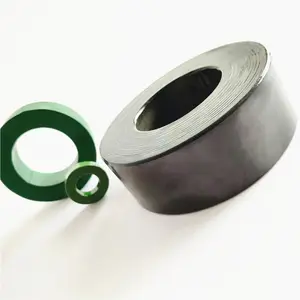

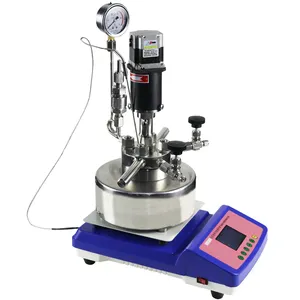
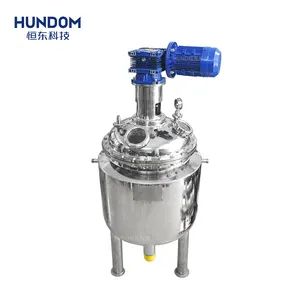






















 浙公网安备 33010002000092号
浙公网安备 33010002000092号 浙B2-20120091-4
浙B2-20120091-4